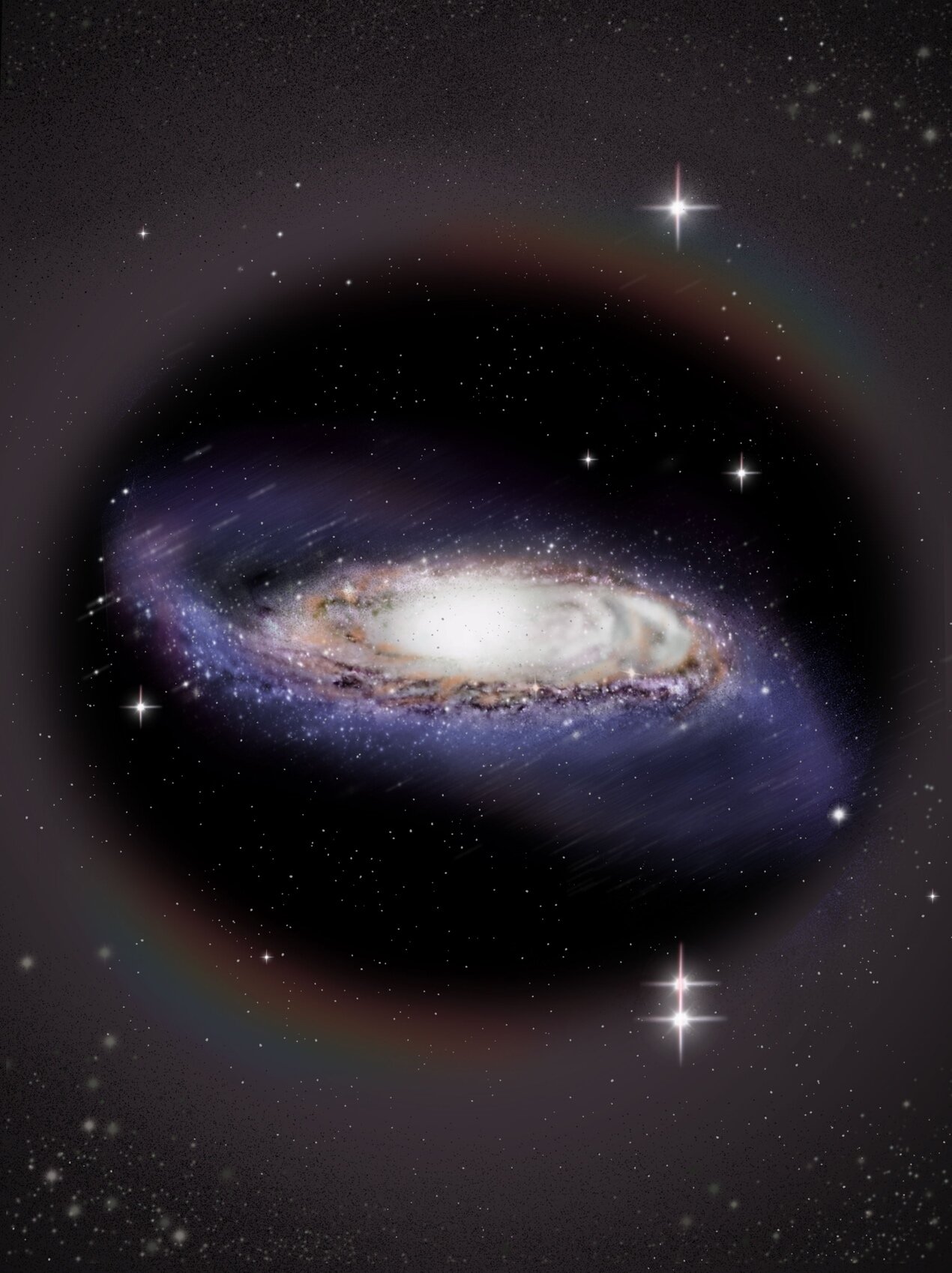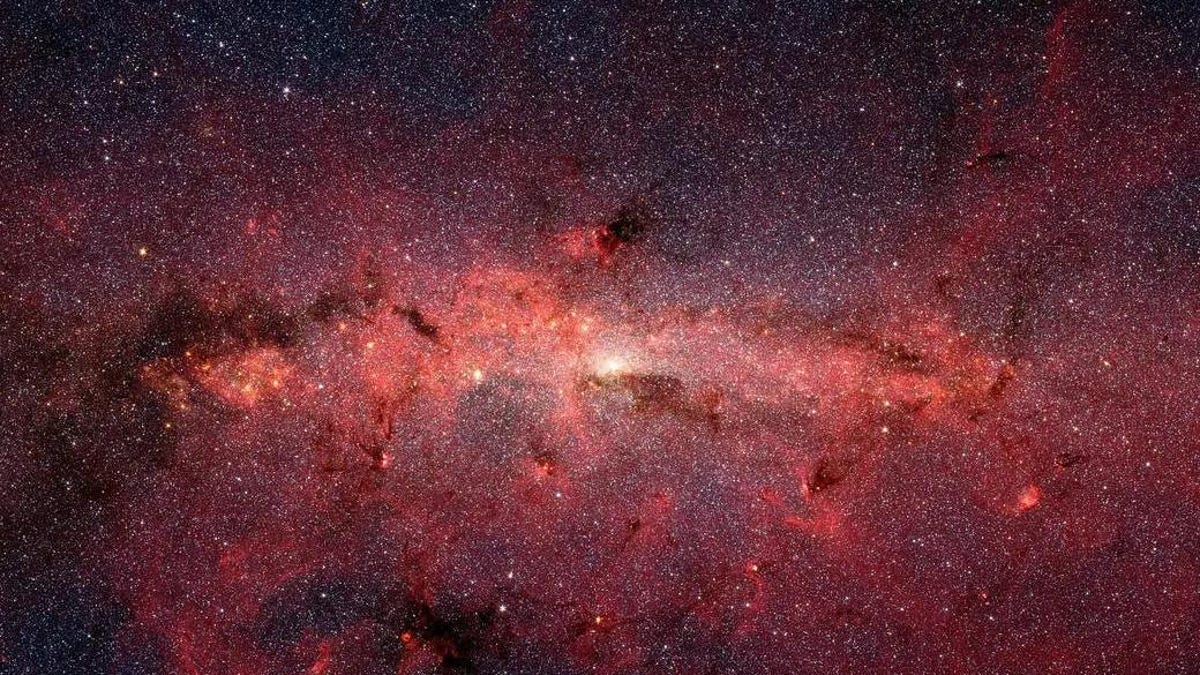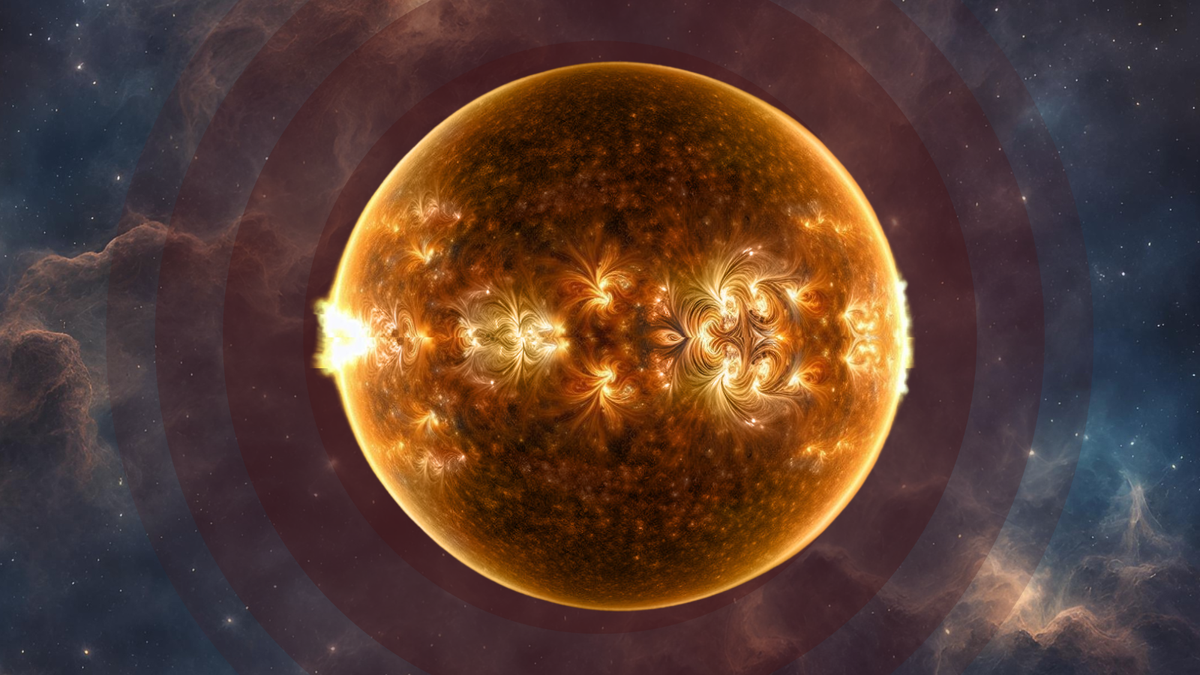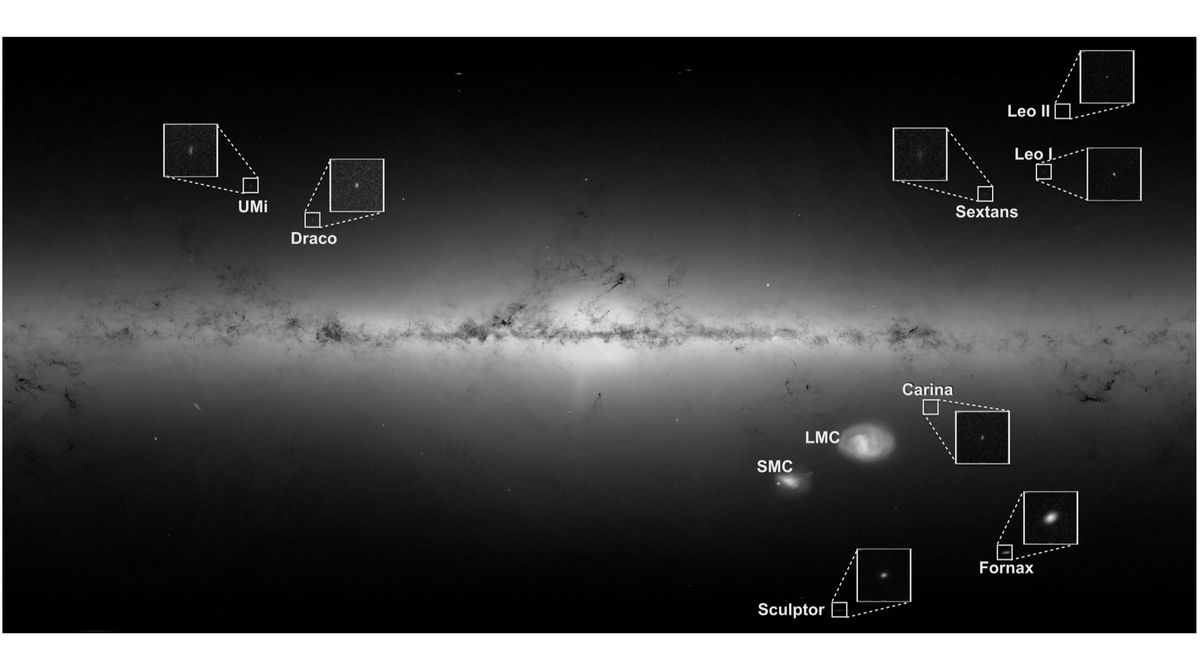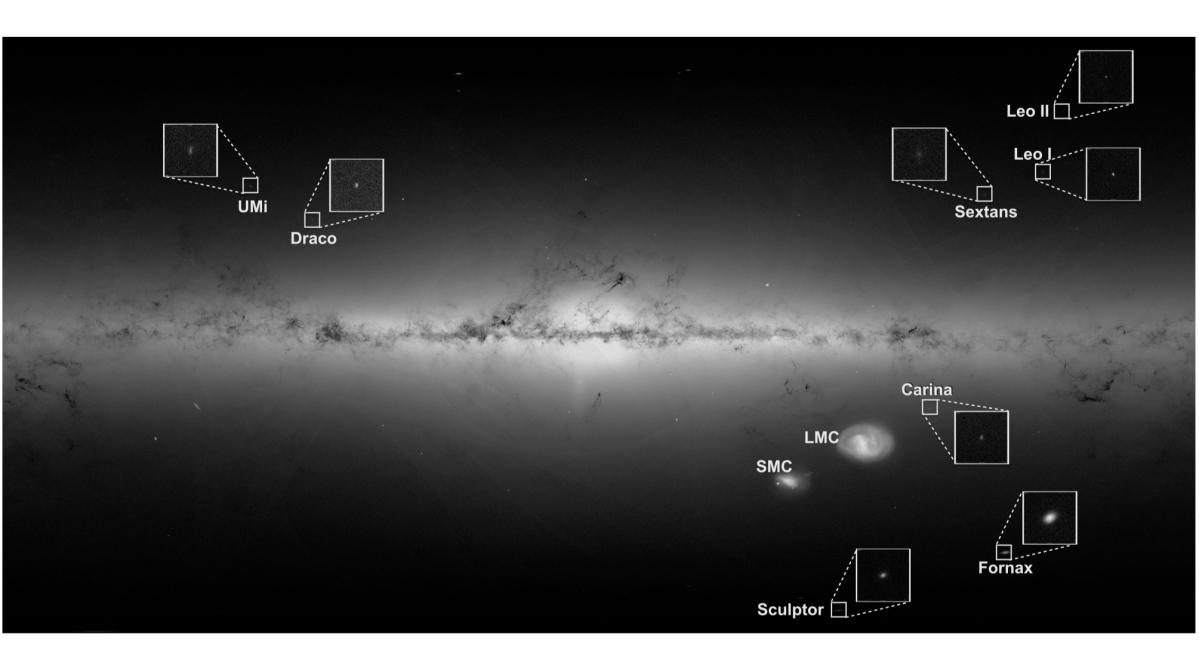Searching for dark matter with the coldest quantum detectors in the world
The experiment takes place at about one 10,000th of a degree above absolute zero in a special refrigerator; Dr Autti (right). Credit: Lancaster University One of science’s greatest mysteries may be one step closer to being solved. About 80% of the matter in the universe is dark, meaning it can’t be seen. In fact, dark … Read more




